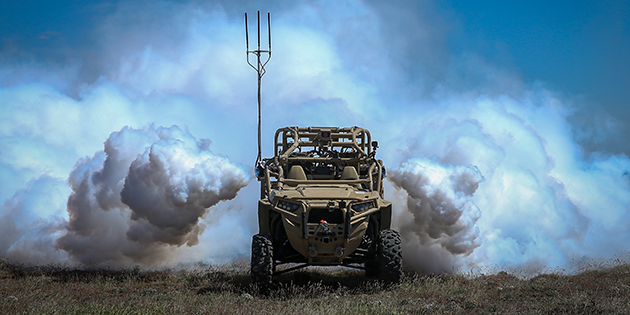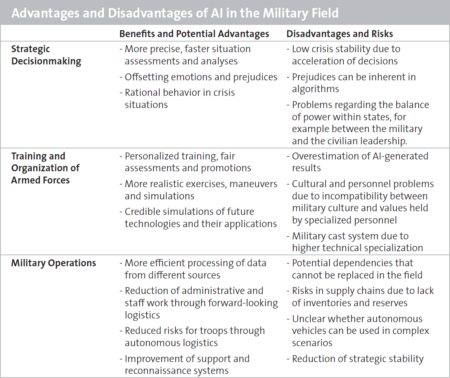
This article was originally published by War on the Rocks on 21 February 2020.
Artificial intelligence (AI) is often portrayed as a single omnipotent force — the computer as God. Often the AI is evil, or at least misguided. According to Hollywood, humans can outwit the computer (“2001: A Space Odyssey”), reason with it (“Wargames”), blow it up (“Star Wars: The Phantom Menace”), or be defeated by it (“Dr. Strangelove”). Sometimes the AI is an automated version of a human, perhaps a human fighter’s faithful companion (the robot R2-D2 in “Star Wars”).




